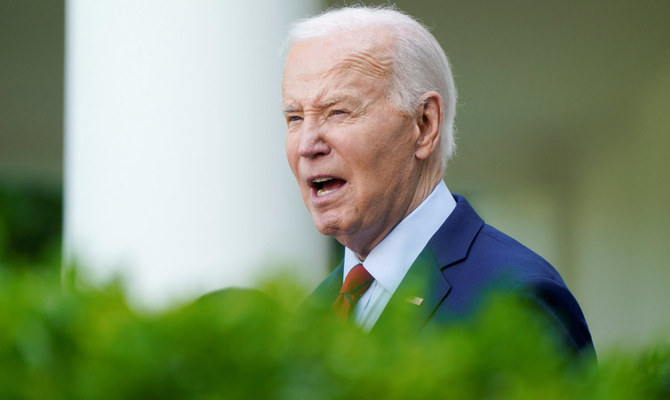
Joe Biden has signed into law a bipartisan bill that bans the import of enriched uranium from Russia, in the latest effort by Washington to apply further pressure on Vladimir Putin over his invasion of Ukraine.
The ban on imports of the fuel for nuclear power plants begins in about 90 days, although it allows the Department of Energy (DOE) to issue waivers in case of supply concerns, up until 2028.
Russia is the world’s top supplier of enriched uranium and about 24% of the enriched uranium used by US nuclear power plants come from the country.
In the weeks after Russia’s invasion of Ukraine, the White House banned the import of Russian oil and gas, in an effort to cut off sources of foreign revenue to Russia. Since then, the US and its allies have imposed further sanctions on Russia and its vast energy industry.
The delay in banning Russian uranium was, in part, driven by the US’s reliance on Russian imports and fears that the country’s 93 nuclear reactors could be disrupted by a lack of fuel.
While the US is the largest market for nuclear fuels, its current domestic enrichment capacity can supply just 30% of the fuel required by its dozens of reactors, a US House report on the newly passed legislation said.
The report highlighted the US reliance on “Russia’s state-owned nuclear power company, Rosatom and its subsidiary Tenex”.
Kathryn Huff, the DOE’s assistant secretary for nuclear, said last week that the US has been preparing since 2022 for the possibility that Putin could stop selling it uranium, by working to boost domestic capacity to process uranium fuel.
The law will “strengthen our nation’s energy and economic security by reducing, and ultimately eliminating, our reliance on Russia for civilian nuclear power”. Jake Sullivan, US national security adviser, said in a statement.
Law firm Morgan Lewis which counsels nuclear reactor owners on fuel supply and regulatory issues said “other sources of uranium and enrichment services, along with a rebuilding domestic fuel cycle industry, should eventually blunt any significant impacts from the act on the US nuclear industry”.
The legislation banning Russian uranium also unlocks about $2.7bn in funding to increase capacity in the US uranium fuel industry.
The House report on the the new law said that one US conversion facility is already restarting and will be able to supply the equivalent of about “40% of US market demand in the near term.”
Countries including Canada, France and Japan will help the US deal with an “allied alternative” to Russian uranium, Huff said last week.
Rosatom’s diversification into other areas that benefit Russia’s war efforts have been highlighted by US legislators as a reason to cut off the flow of US funds to the Russian state enterprise.
“One still unsanctioned but critical target should be the network of companies associated with Rosatom, Russia’s state-owned nuclear corporation, which continues to expand its reach despite the ongoing war,” wrote Lloyd Doggett, a member of the House of Representatives, last month.
Reports have detailed Rosatom’s role in funneling equipment and resources to Russia’s military.
“As Rosatom and its subsidiaries continue to diversify into sectors beyond the nuclear industry, the company has become an unsanctioned funnel for hi-tech products, not to mention for additional revenues, to strengthen Putin’s war machine,” Doggett wrote in Foreign Policy last month.











